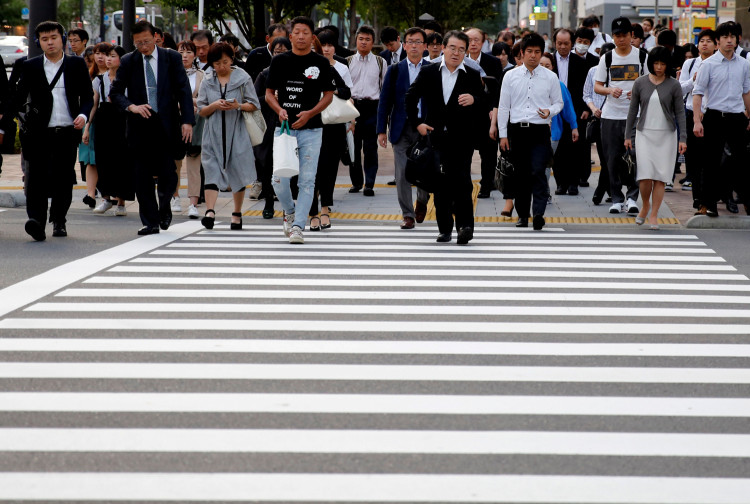Malaysia is reportedly in talks with the Japanese government in a bid to send Malaysian blue-collar workers to the country. The deal is expected to be sealed by July under Tokyo's improved policies for foreign workers.
The Japan Times reported that official sources told Bloomberg that the new visa program launched in April seeks to allow for more foreign workers to enter Japan, a country known for its extra strict policies for non-Japanese employees.
The Japanese government allowed revamped its foreign worker visa program following population records that indicated low birth rates among women and the aging population fast increasing.
Malaysian Human Resources Minister M. Kulasegaran is expected to visit Toyko sometime July to ink a Memorandum of Cooperation (MoC) with Japan while Prime Minister Tun Dr Mahathir Mohamad will be in the country later this month.
Under the new resident status called Specified Skilled Worker No. 1, foreign workers can start applying in 14 blue-collar sectors including nursing care and construction. The status will run for up to five years, sources revealed.
It has yet to be confirmed whether Malaysians will be allowed to apply for the worker status in all 14 sectors. On the other hand, the Malaysian government is expecting to secure an arrangement that will benefit both sides as talks are already "in the final stages."
Aside from helping enhance the skills and knowledge of Malaysian workers, the government said a recent study indicated that Malaysians are looking forward to higher wages in Japan.
In efforts to fill in the workforce gap, Japan continues to negotiate visa programs with Vietnam, Thailand, and China. The small country already secured deals with other countries including Myanmar, Mongolia, Nepal, the Philippines, and Cambodia.
Meanwhile, some resident "gaijin," as immigrant workers are called in Japan, warned new applicants that they may not receive the warm welcome they're expecting. According to the South China Morning Post, foreign workers in the country fear that applicants who will pass the criteria may attract criticism since many Japanese are against the reforms.
Industry analysts, on the other hand, argued that the 345,000 foreign workers expected to receive work visas for Japan are still not enough to fill in the widening gap in workforce needs among various domestic industries.
Senior Economist for the Fujitsu Research Institute in Tokyo, Martin Schulz, pointed out that Japan is left with "no choice but to open up to foreign workers" as the construction sector is pressured by the approaching 2020 Tokyo Olympics.
Earlier reports suggested that industry experts believe Japanese businesses aren't prepared with arrangements to help foreign workers adapt to the country's labor environment.






